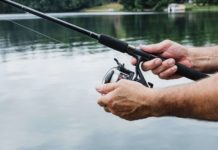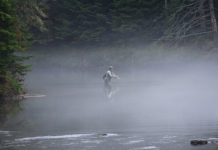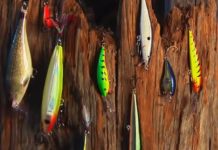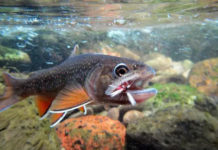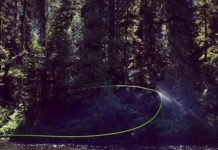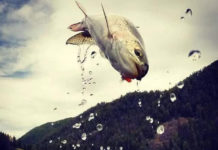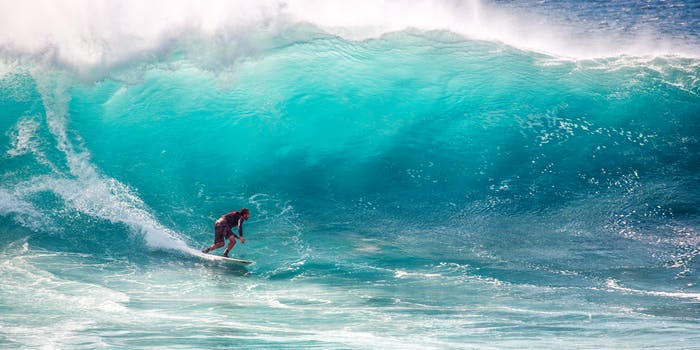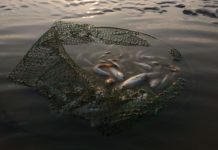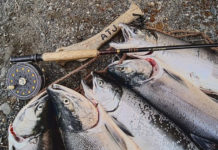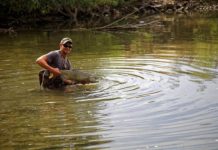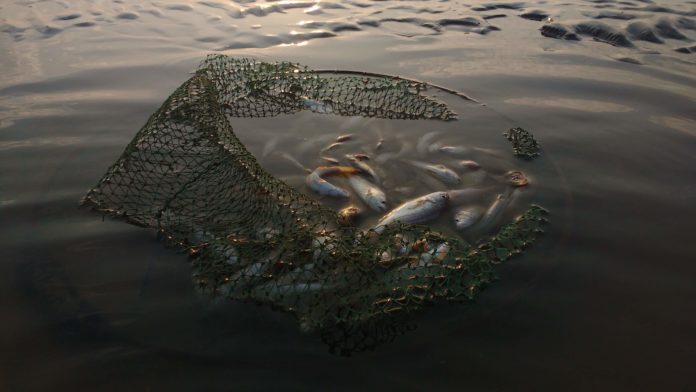The development of recreational fishery in America has a long history. At first, it was mainly in the form of fishing clubs and so on. Later, with the increase in people’s income and the extension of leisure time, recreational fishery developed rapidly.
At present, recreational fishery occupies an important position in the American economy, with its output value more than three times that of a conventional fishery.
Meanwhile, it also drives the development of fishing gear, vehicle and ship, repair, transportation, accommodation, and other related industries and promotes social employment.
The development of recreational fishery in the United States has benefited from a series of active measures in management system construction, resource protection, legal system construction and scientific research support.
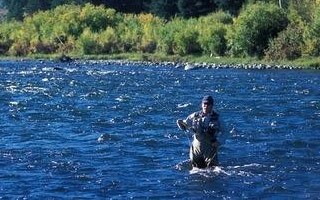 The management system includes administrative management and industry management, which complement each other and complement each other.
The management system includes administrative management and industry management, which complement each other and complement each other.
There are two types of administration: federal administration and state administration.
The federal administrative authority is the national oceanic and fisheries administration and the department of the interior’s fish and wildlife service, which respectively manage Marine recreational fisheries and freshwater fish, mainly responsible for the management, research, and planning of national recreational fisheries.
State recreational fisheries management agencies are responsible for the management of recreational fisheries in waters within the state’s jurisdiction.
And industry management, that is, various trade associations are also actively involved in the management of recreational fisheries.
The United States the development and management of leisure fishery is incorporated in the fishery law system, from federal to state have developed all sorts of mandatory fishery laws and regulations, the purpose is to protect the environment, maintain the fishery development and the environment, resources, ecological coordination, to ensure the sustainable development of leisure fishery, protect the lawful rights and interests of fishery workers and consumers in the end.
These laws and regulations cover a wide range of contents, including the fishing permit system, limits on the total catch of fishing gear, recreational fishing quota, special fish quota and catch provisions.
In addition, the federal department of fisheries and the five regional offices, state governments, coast guard and local courts constitute a strict enforcement system, ensuring the implementation of relevant laws and regulations.
Us government attaches great importance to the guiding role of scientific research in the management and development of recreational fisheries. Whether it is to take environmental protection measures for a species, or to make a decision or make a regulation, it should take scientific research as the basis to enhance the feasibility and avoid blindness.
In the United States, recreational fishing is very popular, according to the survey, the United States engaged in fishing about one-fifth of the total population.
Some of us rules for fishing are more nuanced.
A rule similar to ours is that fishing must be “certified”.
The U.S. government has enacted the endangered species protection act and established the direct coordinating committee for recreational fisheries, which has strict regulations on prohibited fishing zones, fishing ban periods, limits on fishing gear, minimum catch length and allowable catches to prevent the excessive consumption of fishery resources.
People who fish in public waters are required to apply for a fishing permit, which is usually priced in direct proportion to the length of the certificate’s life.
With this certificate, fishing can be free in public waters such as rivers and lakes.
The money paid by anglers for fishing permits is mainly used for the construction of fishing areas and the protection of resources.
In particular, fishing in the United States requires everyone to learn to recognize fish before “getting on the job with a license,” as the saying goes: people who can’t tell fish from fish are not qualified to take a rod.

